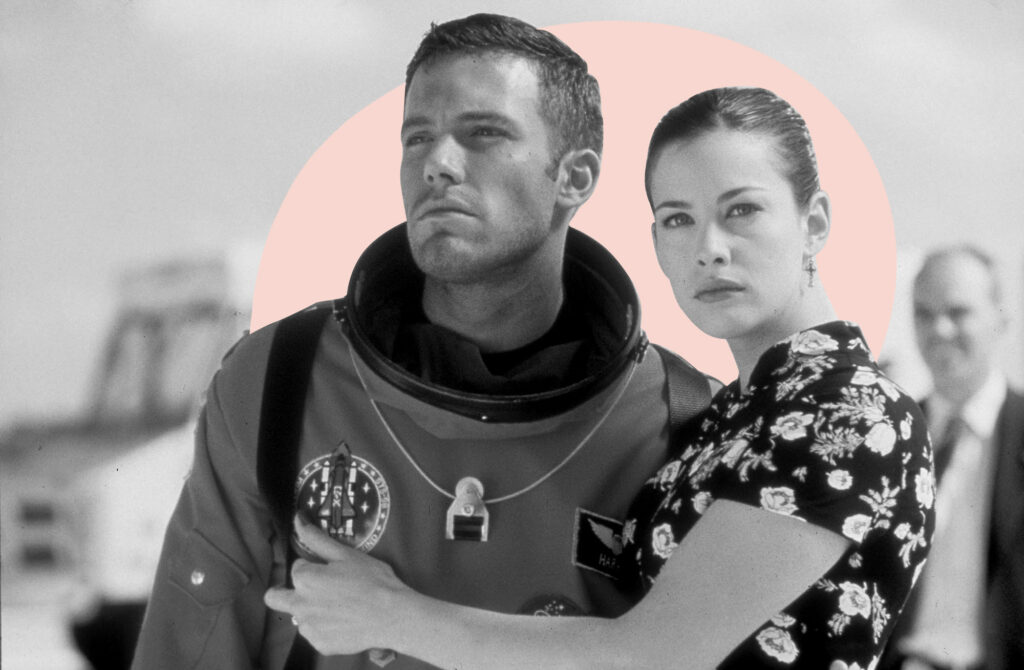|
How do you know if you moved too fast? Is there a danger to becoming so intense so soon? Do couples who ‘apocalypse’ risk ignoring major red flags?
Countless couples who just met at the beginning of the pandemic felt the unexpected new pressure to lock down “the one.”
But not every relationship that started in quarantine will survive now that states are reopening.
In the early days of the pandemic, it seemed like every couple was entering a second honeymoon phase and, as a result, I was more eager than ever to find my forever puzzle partner. I wasn’t alone. All around me, I saw my single friends rushing to find the ever-elusive Quarantine Bae, a partner for the end of the world.
Everyone’s February flings suddenly got very serious as friends moved in to play house for what was expected to be a few boring weeks of cosplaying domestication.
Dating site Plenty of Fish coined the dating phenomenon Apocalypsing, defined as, “Treating every relationship like it’s your last and getting super serious with someone you just started dating.” The concept was around before the pandemic — think of your friend who’s always ready to propose after the first date — but has majorly taken off since, for obvious reasons. According to POF, 1 in 3 singles know someone who’s guilty of this.
It’s no surprise that we all started acting a little crazy during a global health crisis with the only known solution being self-isolation and no touching. Pandemic dating bred a whole new set of obstacles for singles from the virtual date to finding someone compatible with your own COVID precautions. My single friends and I felt a lot of pressure from within to count our blessings, count our (literal) eggs, and find a life partner and FAST. The dark side of apocolypsing? I found myself ignoring some major red flags for fear of locking down alone, and found other friends settling or rolling back their personal boundaries and values, all to bake sourdough with an internet loser.
Unsurprisingly, dating experts are wary of these hastily formed relationships, too. “Getting swept away in a relationship can be fun and enlivening, however moving too quickly could make it difficult to check in with yourself on how you feel and where you stand,” explains Jessica January Behr, Psy.D., a licensed psychologist, and couples therapist. “The feeling of being wanted and connected can be distracting from the important questions about compatibility and sustainability.” That’s why apocalypsing relationships can lead to behaviors like codependency, obsessiveness, and feed into anxious attachment styles.
|

